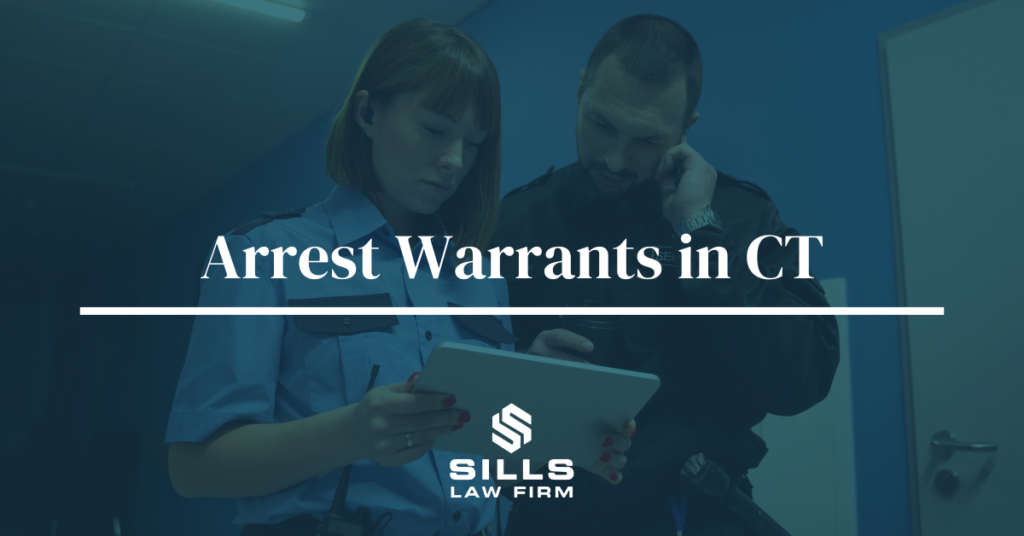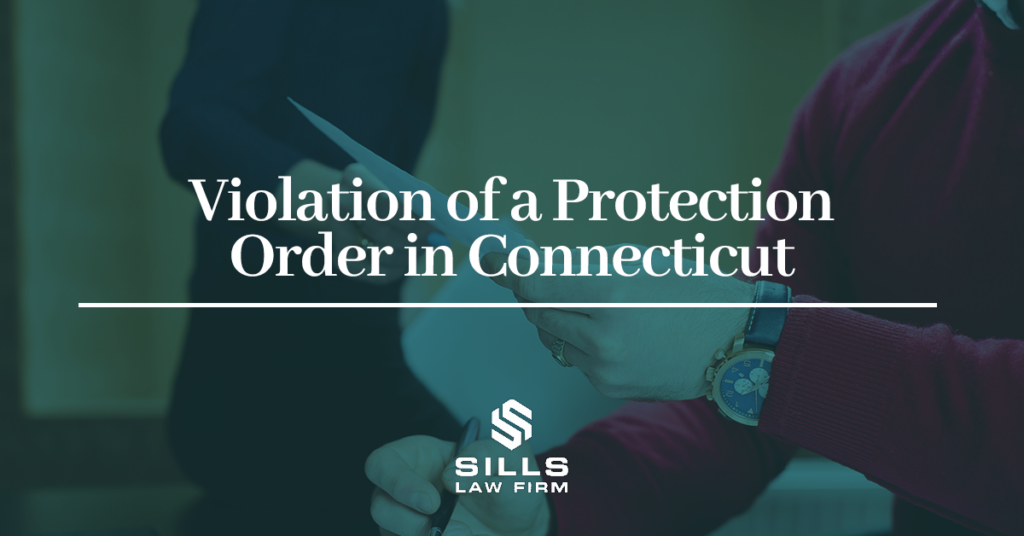Though Connecticut has not fully decriminalized marijuana possession for personal use, it has decriminalized it to some degree. Decriminalization generally means that if someone is caught possessing a small amount of marijuana for personal use, they will not face jail time or a criminal record for a first offense. It’s treated a lot like a minor traffic violation rather than a criminal offense.
In Connecticut, possessing less than one-half ounce of marijuana is punishable by a civil penalty of $150. A second offense carries a civil penalty of $500 and no jail time is served in either case. Possession of more than one-half an ounce is a misdemeanor, punishable by one year in jail and a maximum fine of $2,000.
How Do Federal Marijuana Laws Relate to You?
Connecticut decriminalized marijuana possession to some degree; however, you may not be aware that you’re still breaking federal law by possessing, selling, or buying marijuana. The problem is that even though an increasing number of states are decriminalizing marijuana, the Controlled Substance Act (CSA) still classifies the drug as a Schedule I controlled substance – this designation is for the drugs with “no medical value” and the “highest potential for abuse.”
Because there is a conflict between state and federal marijuana laws, people can still be charged with a federal drug crime even if marijuana is decriminalized in their state. If you’re charged under federal legislation, Connecticut’s marijuana laws won’t defend you if you’re prosecuted in federal court.
What are some of the conflicts between state and federal law?
- Under federal law, it’s illegal to possess, sell or distribute marijuana.
- If you operate a marijuana-related business under Connecticut’s state laws, you could still be violating federal laws.
- If you work with a client who deals with marijuana, under federal law you could be benefiting from drug trafficking.
- If you lease the property to a tenant in the marijuana industry, you could be violating the CSA because you’re knowingly leasing property for the purpose of manufacturing, selling or distributing a controlled substance.
We are only scratching the surface in regards to the legal conflicts that arise between state-federal marijuana laws. In many ways, these gray areas can directly affect a person’s employment, housing, taxes, banking, and even the right to bear arms.
If you’re facing federal drug charges, you’re facing serious penalties. To explore your legal defenses in a federal marijuana case, contact our firm at once for a hard-hitting defense.






